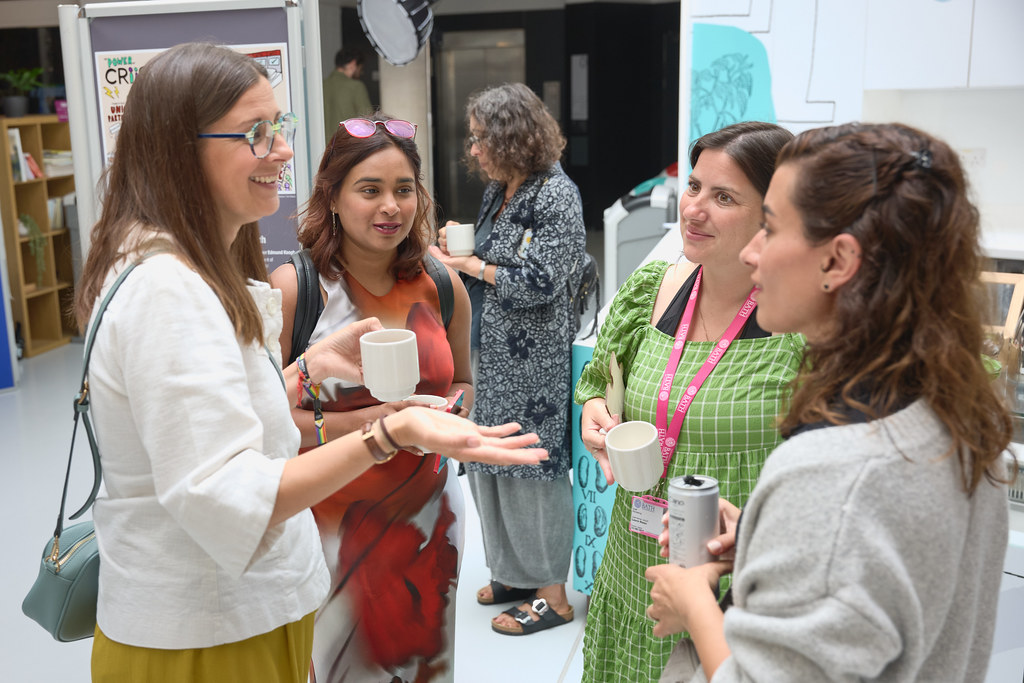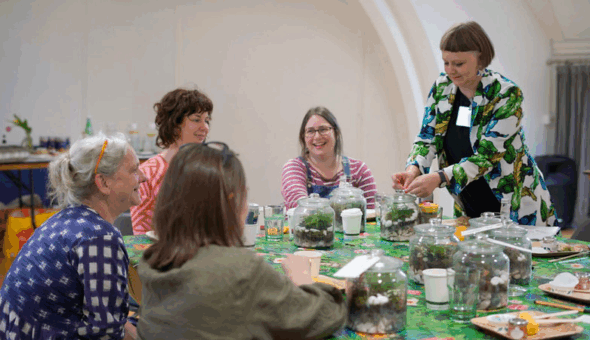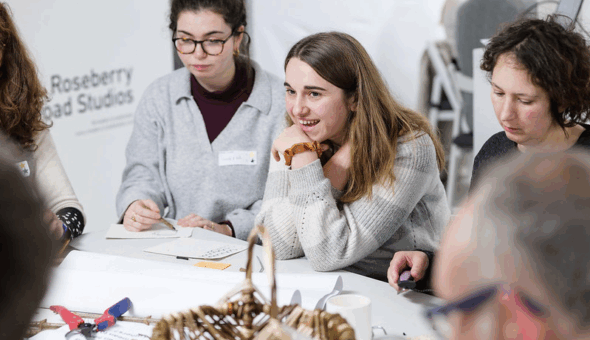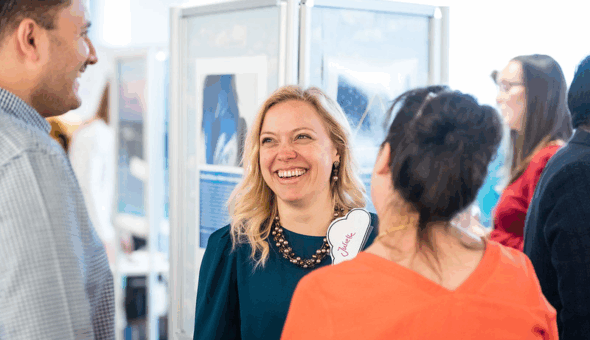As part of my CPD budget — and on the recommendation of my line manager Bentley Crudgington — I recently took part in a 10-week facilitation programme called Holding Space. It was delivered by Ray Cooper: facilitator, community organiser, and equity and inclusion practitioner and I couldn’t recommend it enough.
Even with several years of facilitation experience under my belt – and I’m sure others can relate - I’ve often found it to be a solitary role, one where you feel you are constantly ‘winging it’. That’s why it felt invaluable to be part of a learning space with other facilitators, all bringing different experiences and approaches to the table.
Across the ten weeks, we explored everything from warmups and intention-setting to deep listening, holding conflict, and using tools to encourage open communication. It was all about making space for a range of voices and learning styles and doing so with care, intention, and creativity.
Here are a few of my key reflections:
Accessible and Open to All Levels
One of the things I appreciated most was how accessible the course was — truly designed for facilitators at all stages. Some people were just beginning to explore facilitation, while others were integrating it into their everyday work. Each week, we tried out exercises that could be adapted to a wide range of groups and contexts.
Ray encouraged multiple ways of contributing and reflecting — whether that was speaking, writing in the chat, journaling, drawing, or even through movement. Nothing felt fixed or rigid, and each exercise was accompanied by examples of how it could be adapted. That flexibility made everything feel usable and inclusive.
The Power of Transparency and Intention
Something that really stuck with me was Ray’s emphasis on intention-setting and transparency. It’s easy to forget why we choose the methods we use when facilitating. Ray reminded us that exercises can feel arbitrary unless we explain why we’re doing them and what they’re intended to offer.
It starts with being clear with yourself about your intentions as a facilitator. Why are you bringing this group together? What do you want people to leave with? Ray modelled this so consistently, always taking time to explain the purpose behind each activity and where it might be most useful.
Self-Reflection as a Tool for Equity
Self-reflection was baked into the programme from day one. We were encouraged to ask ourselves: What shapes my practice? What do I carry into the room, not just as a facilitator, but as a human being?
We explored our fight-or-flight responses, the idea that no facilitator is ever truly ‘neutral’ and how to recognise and name the power dynamics that can exist within a space. That self-awareness is vital if we’re going to create more equitable environments. We spoke about the importance of identifying privilege, conditioning, and being aware of how we might unconsciously reinforce imbalances so we can plan for those dynamics and adapt accordingly.
Less Is More when it comes to Human Connection (especially online!)
By the end of the course, many of us reflected on how rare it felt to have that kind of space — to pause, connect, and share with intention. Someone called it a ‘less is more’ approach, and it really resonated.
Despite how much was packed into the course, it never felt rushed. There was time to breathe, to reflect, and to share with one another. For an online course — which so often risks compromising authentic human connection – it felt intimate. A lot of that came down to the learning being truly co-created. We learned from one another just as much as from Ray, testing activities together, swapping stories and learnings as we went.
How to sign up
Ray’s next Holding Space programme begins on Tuesday 9th September at 1pm. It’s affordable, thoughtfully designed, and you’ll come away with not only new facilitation skills in your toolbox but a deeper understanding of yourself and how you hold space for others.
You can find out more about the course and book on here: Holding space series — Ray
Respond



